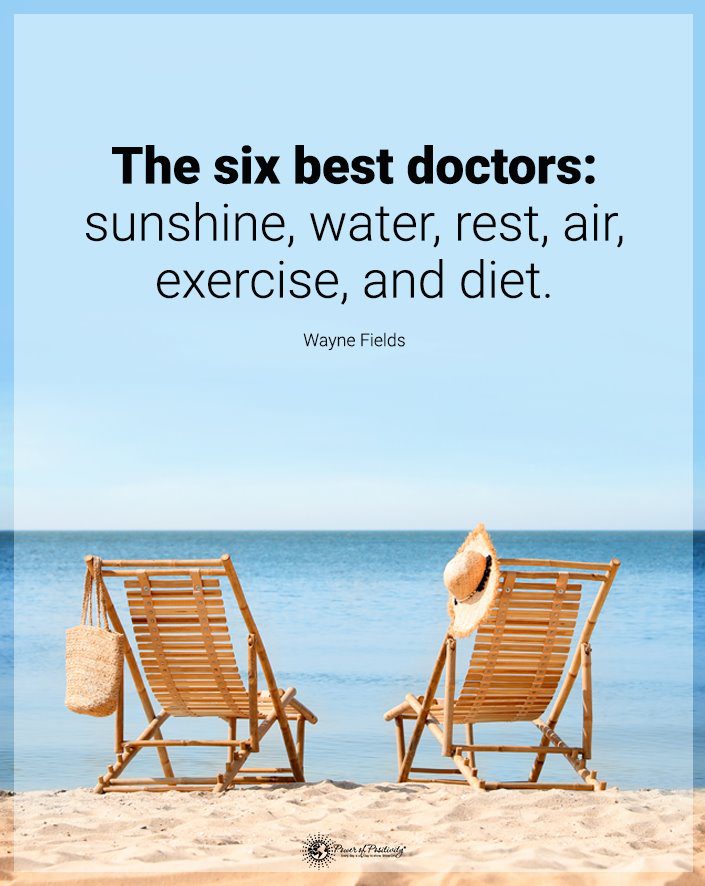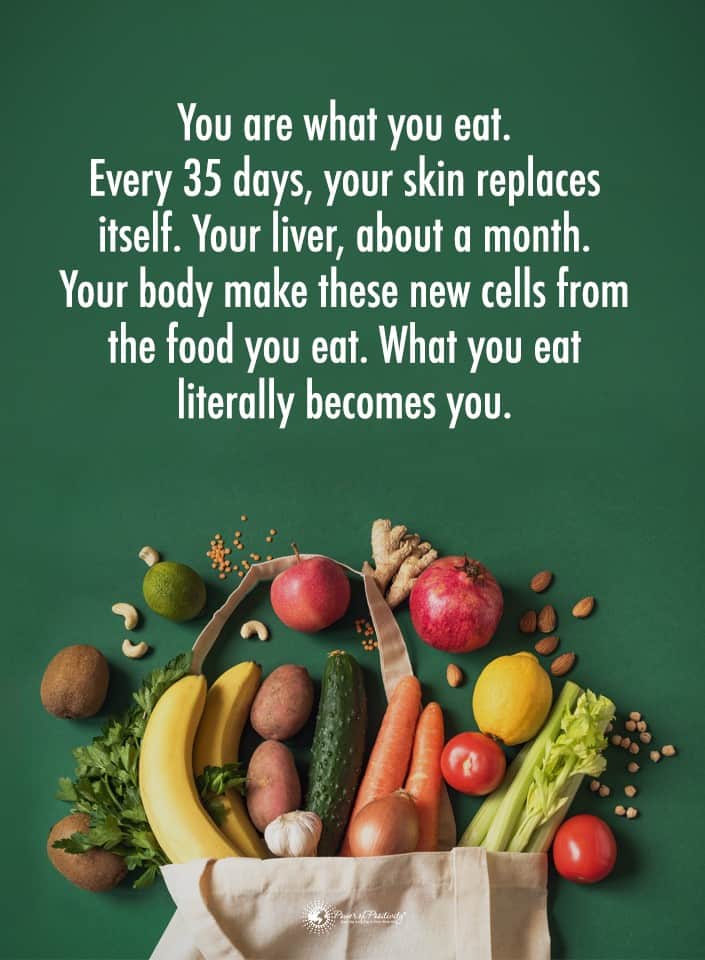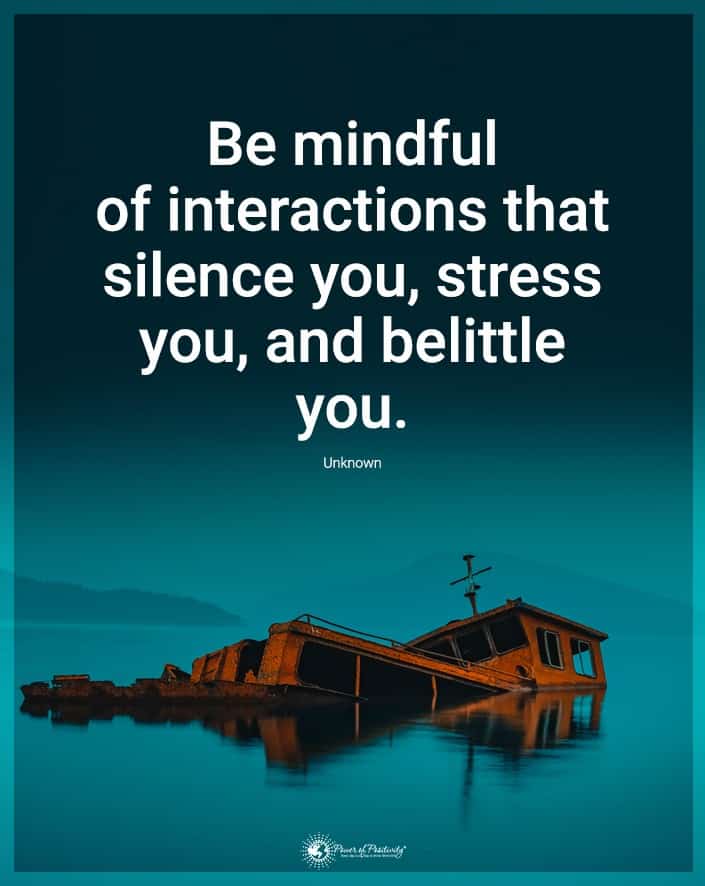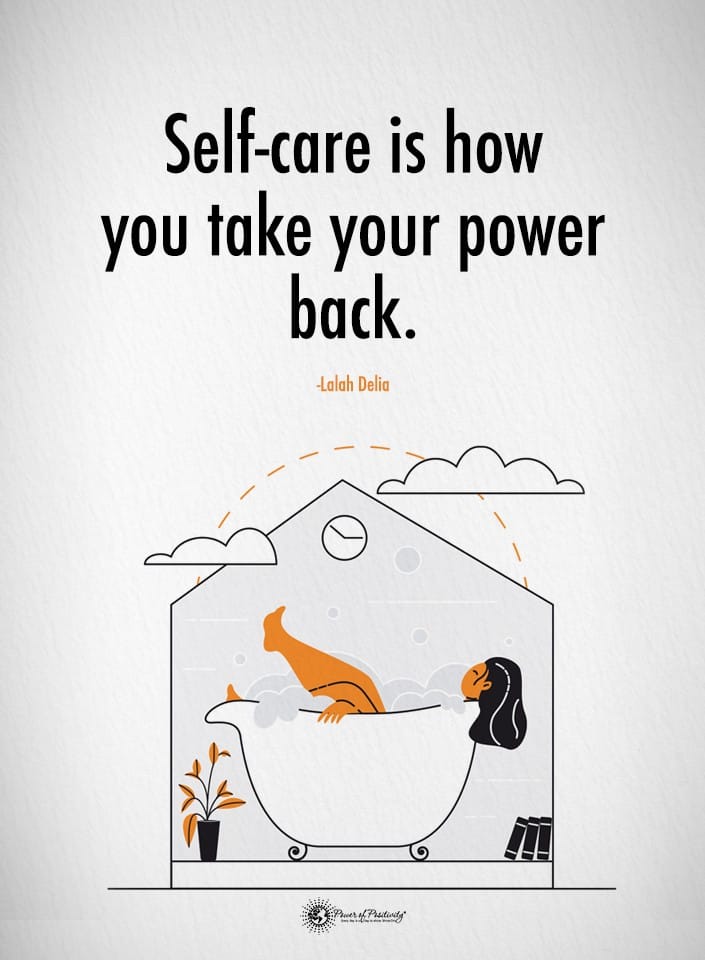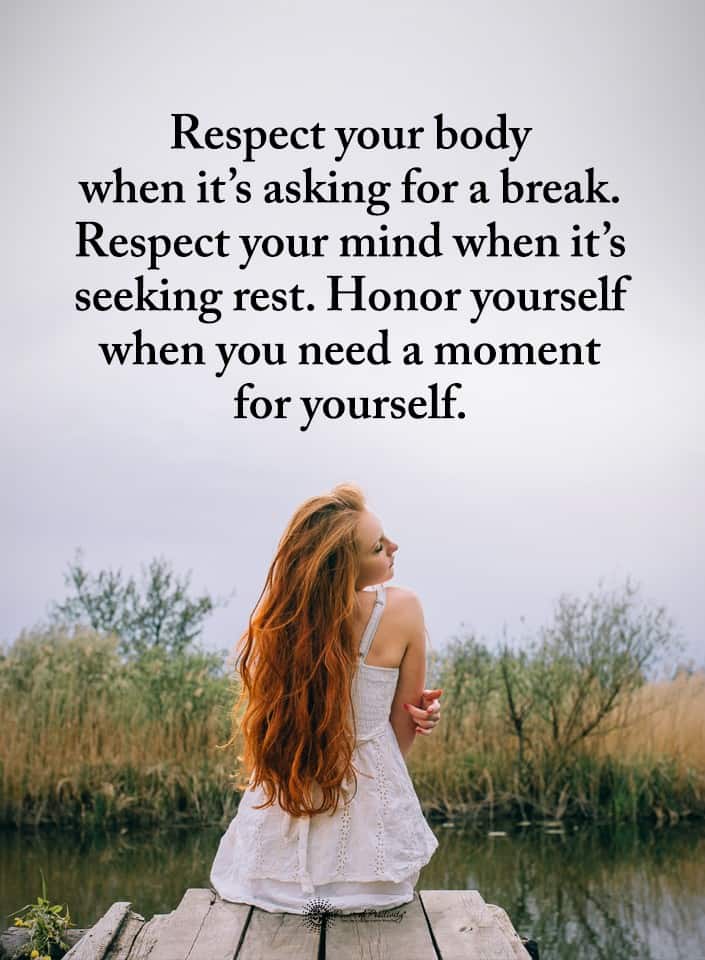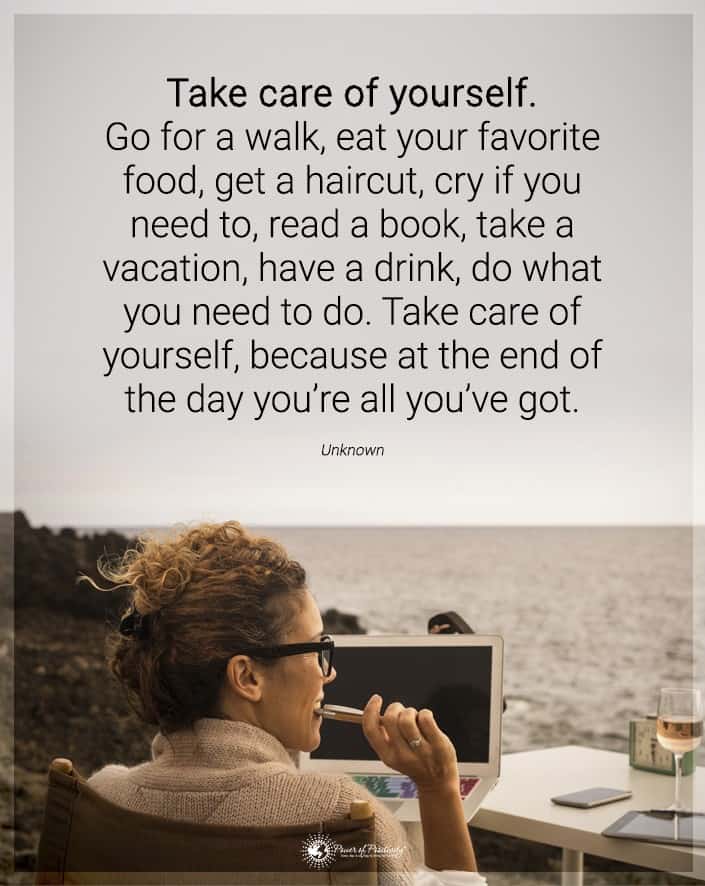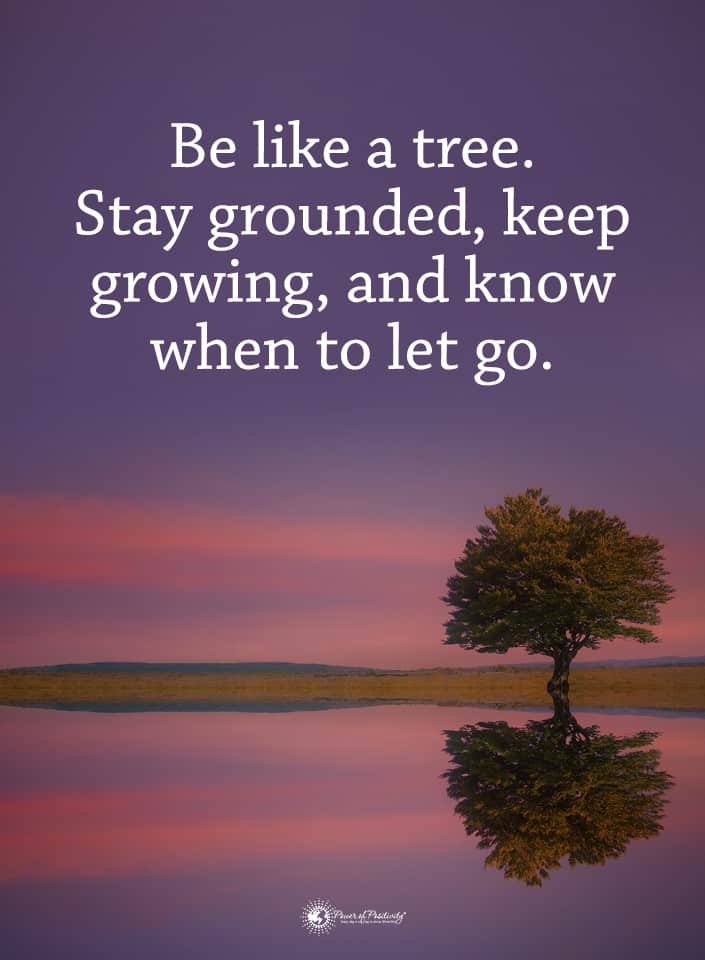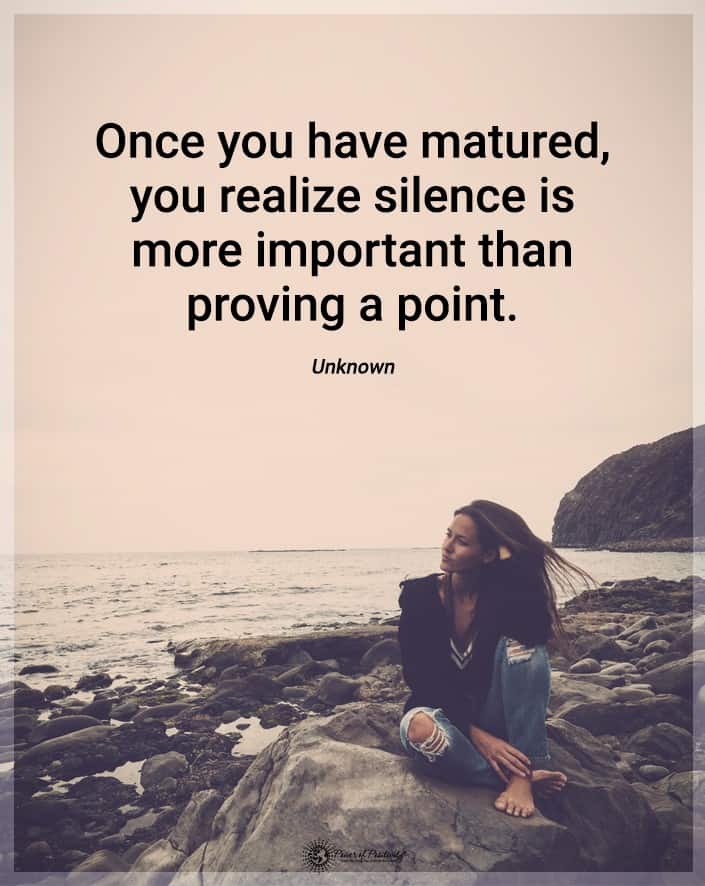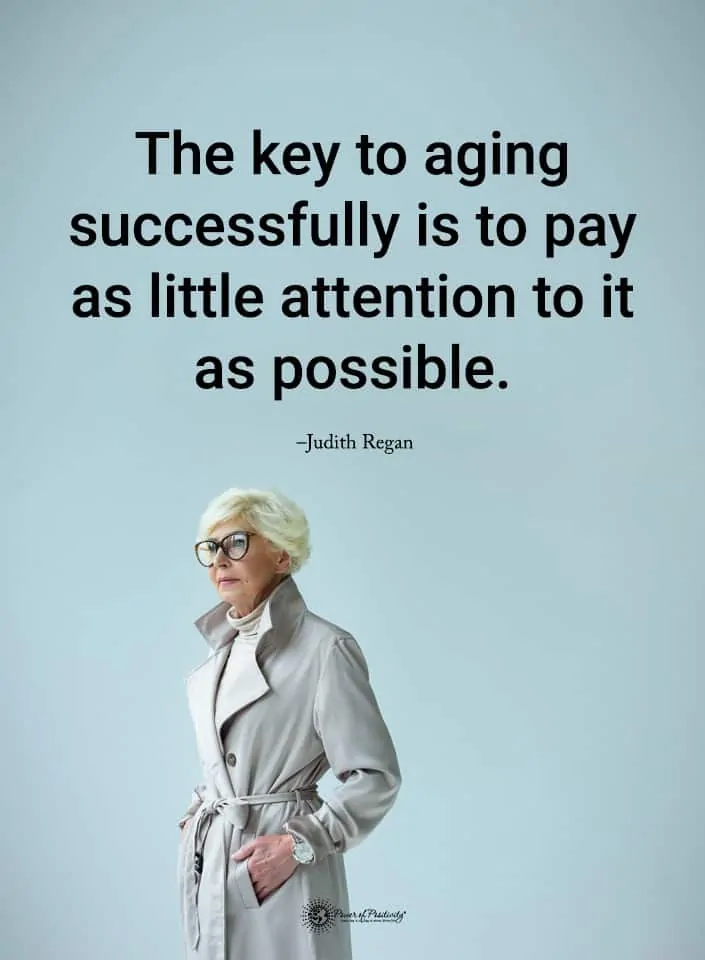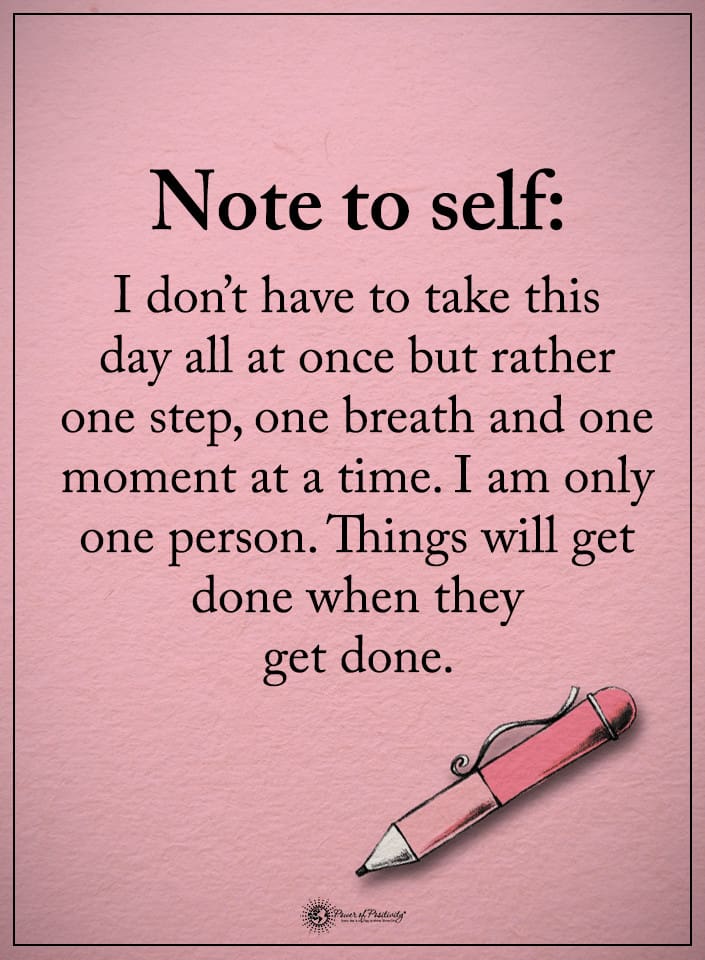Going to a party is very exciting, and most gatherings have some alcohol there for their guests to enjoy. When you’re having fun and a drink or two, you may ingest more than what your body can handle without realizing it. It seems that it goes down so quickly. But it only takes a few minutes before the true impact of that until hangovers take hold.
Hangovers are a sign of overindulgence. You can’t just call off work or forget the things you must do because of a little too much whiskey the night before. When your head is looming and you’re dealing with dizziness, you might live to regret the previous night’s decisions. Some lucky people never experience a hangover, but most will have some effect from overindulging.
Nine Common Signs of Hangovers
If you’ve ever had a hangover, you might think that the symptoms you experience are the same as someone else. However, you might be dizzy and nauseous while another person has muscle weakness and vomits. Here are the common signs of hangovers, and you can get one or all of them.
- Nausea and vomiting
- Dry mouth accompanied by excessive thirst
- Headaches and muscle aches
- Overall weakness
- Shaky and unable to walk straight
- Dizzy or Vertigo (Room spinning sensations)
- Mood disturbances
- Heart palpitations
- Concentration issues
Tips for Preventing a Hangover
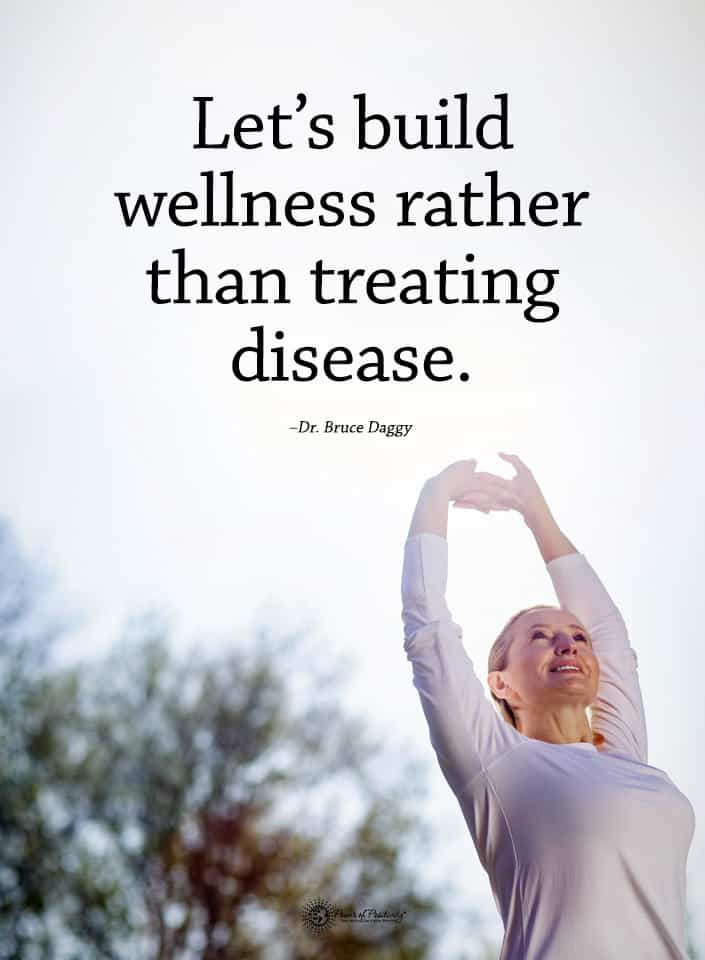
So, you know that you’re going to drink with your buddies; here are a few things you can do to prevent this unpleasant feeling the next day.
- Don’t drink on an empty stomach; it only worsens things.
- Try to stick to clear drinks like vodka and avoid caramel-colored whiskey or other dark liquors, as it tends to have a more dramatic effect on the body.
- Please don’t drink too much, too fast, as it will catch up to you.
- Eat and drink water along with your spirits.
- Smoking and enjoying liquor together can cause stomach irritation.
- Set a limit on how many drinks you know you can handle without getting sick.
Note that experts agree that the only 100% sure way to keep a hangover at bay is to avoid drinking. The measures listed here might limit the pain but are not a guarantee.
Nine Best Ways to Deal With Occasional Hangovers
While drinking in moderation can be perfectly acceptable, if you drink enough to be hungover the following day, you can cause some issues in your body. Did you know that too much liquor can cause you to become dehydrated?
If you keep this pattern up for too long, it can cause permanent damage to your liver, brain, and even your central nervous system. However, if you have this issue on occasion, here are nine ways to help your hangover.
1. Coffee
Coffee is known to help people stay alert and awake when they’re working long shifts, and it’s due to the vast caffeine content. The good news is that it’s an effective solution for a hangover too. How often have you heard someone say that they’re going to drink some coffee and sober up?
Be careful not to drink too much coffee as it can cause migraines, which is another issue you don’t want to handle. Try to get a mildly strong cup, or even an expresso will do. Most people who experience hangovers on occasion swear by coffee to help them get through the discomfort the next day.
Also, drinking coffee does not have science to back it up, although medical journals note that it’s worth a try if you are not sensitive to caffeine:
Caffeine (often taken as coffee) is commonly used to counteract the fatigue and malaise associated with the hangover condition. Although this traditional practice lacks scientific support, William Hickey, quoted at the beginning of this article, wrote that “very strong coffee proved of infinite benefit” (Spenser 1913).
2. Sleep Off Hangovers
Most people don’t get sufficient sleep after a night on the town, and rest is one of the best ways to combat drinking too much. If you were out at the club till 2 am, and you must be at work at 9 am, it doesn’t leave too much time for shut-eye. However, the Mayo Clinic advises that sleep is one thing you can do so that your body can rest and recover.
If you’re too sick, then you might need to call off work or cancel your plans for the day. It’s best to plan your night of fun when you don’t have to work the next day.
3. Flush Your System With H20
When you drink water, the body eliminates toxins through your kidneys. Did you know that liquor diminishes your water levels? So, when you drink water, you’re rehydrating what the spirits took away.
Liquor is a toxin, and if any of its impurities are left behind, then the water you flush through your system will get rid of them. Have you ever noticed that when you drink, you tend to urinate more? This increase stems from the fact that your body is trying to rid these liquids.
When you put more water into your system, it helps to flush the liquor out. If you become dehydrated when you drink spirits, you may notice dizziness and lightheadedness. Water will also take care of those feelings as it helps to rehydrate you.
4. Hair of the Dog
If you know anything about binge drinking, you know that it’s often said that you need the hair of the dog that bit you to deal with hangovers. However, do you know where this saying originated? According to Dictionary, in the olden days of England, when a person was bitten by a rabid dog, they would treat the person by taking the hair of the dog and placing it on the wound.
If you’re dealing with issues from whiskey, taking a little sip of the same thing that “bit you” helps cure the problem. The theory is that the same germ that got you the first time will relieve it the second time around. According to Healthtian, studies prove that taking a bit more liquor in after a night of binging can help raise endorphin levels in the body, making you feel better.
Though there’s not a lot of studies on this matter, many people swear by taking a “hair of the dog” the next day.
5. Vitamin C
Who doesn’t love a glass of orange juice? It may help with your hangover too. If you want to get rid of that foggy brain, then why not try some Vitamin C? According to the doctors at Harvard University, their research has proved that taking some essential vitamins before you start drinking can lessen the effects.
What vitamins do they recommend? Well, they say that you should try Vitamins B, C, and zinc. However, Vitamin C tends to be the one that helps the most when it comes to dealing with the pain of a hangover.
6. Eat Carbs for Hangovers
Did you know that when you’re drinking, it lowers your blood sugar levels? Part of the fatigue and headaches you experience can be due to compromised glucose. The problem is that many folks drink on an empty stomach, and they forget to eat when they become inebriated. So, eating something as simple as a piece of toast can help bring your blood sugar back into balance.
7. Eat Asparagus
Eating asparagus for a hangover may be the best-kept secret yet. This vegetable is beneficial because it’s full of minerals and amino acids that help your body repair its intoxicated state. It also reduces the toxicity of liquor in your blood. Since this is a vegetable with diuretic properties, it can help you flush these toxins from your system.
Nutritionist Serena Poon agrees that it might help. Citing a small study that shows promise for this remedy, she says the following:
“I would caution against using this research to justify over drinking, but if you do find yourself in a place where you are feeling unwell due to alcohol consumption, adding asparagus to your plate might make you feel a bit better. Also, there is no downside to eating asparagus, unless you have an allergy.”
8. Try Ginger to Ease Hangovers
If you have an upset stomach that comes along with your hangovers, then ginger may be beneficial. Ginger is known to have a profound effect on chemotherapy-induced vomiting, as per a study listed on the National Library of Medicine. Many holistic practitioners recommend using ginger to help with nausea associated with pregnancy, so it’s great for other stomach upsets too.
9. Sip Juice
The Mayo Clinic also notes that sipping juice is another option to help restore electrolytes and minerals in your body, which will make you feel better. Since your body loses a lot of water and electrolytes by frequent trips to the restroom, you need to restore those to bring everything back to normal.
Final Thoughts On Dealing With Occasional Hangovers
While this is just a list of the nine things used for hangovers, there are many more. You may need to try a few of these remedies before you find what works best for you. Some may work better for others than they do for you, as every system is different.
If you know that you’re going to be drinking, the best thing you can do is to use some preventative measures to avoid having a horrible hangover the next day. Remember, drink slow and don’t consume spirits on an empty stomach, as these are two of the worst things you can do.

